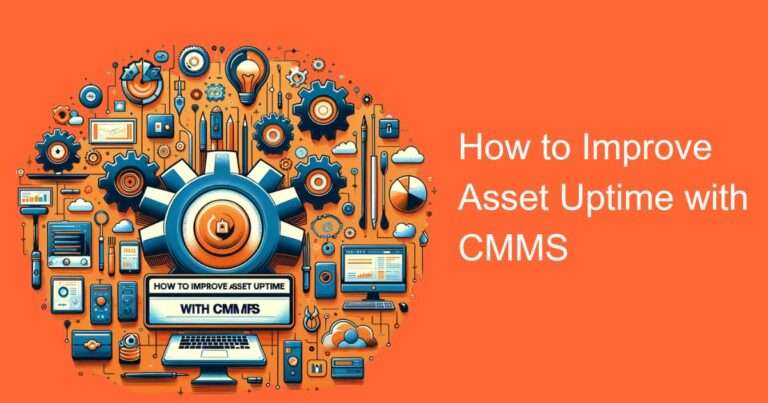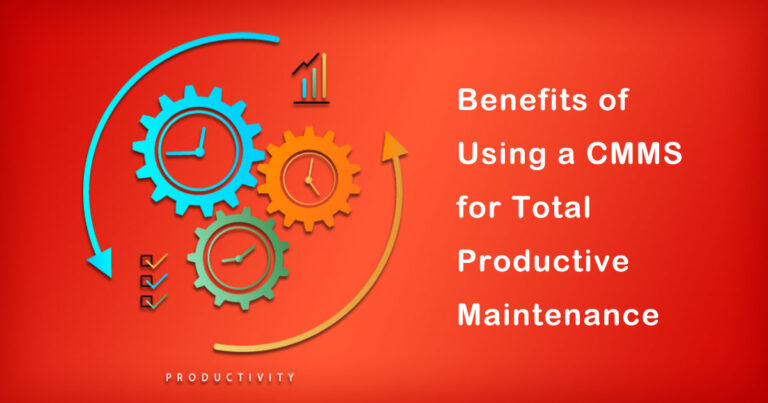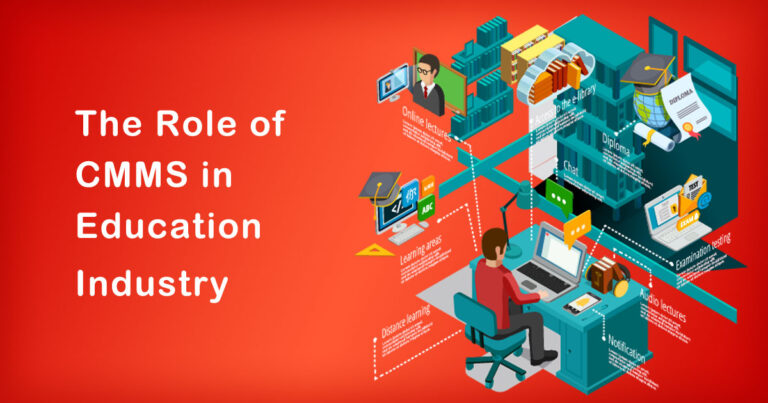Introduction
Effective inventory management is crucial for any organization, as it directly impacts the bottom line and customer satisfaction. In today’s fast-paced business environment, traditional inventory management methods are no longer sufficient to meet the demands of modern businesses. This is where Computerized Maintenance Management Systems (CMMS) come into play. In this article, we will explore the role of CMMS in enhancing inventory management and discuss its significance in an Indian context.
The Complexity of Inventory Management
Inventory management involves a myriad of tasks, such as tracking stock levels, ordering new items, handling returns, and monitoring expiration dates. These tasks become increasingly challenging as the organization grows and expands its product offerings. Manually managing inventory not only consumes valuable time and resources but also increases the likelihood of errors, leading to stockouts, overstocking, and obsolete inventory.
The Advantages of CMMS in Inventory Management
1 Streamlined Stock Tracking
CMMS software provides real-time visibility into inventory levels, allowing organizations to monitor stock movements accurately. By integrating with barcoding or RFID systems, CMMS enables efficient tracking of inventory from procurement to consumption. This streamlines the entire inventory management process and minimizes the chances of errors and discrepancies.
2 Automated Reordering
One of the key benefits of CMMS in inventory management is its ability to automate the reordering process. CMMS can set up reorder points based on predefined thresholds, triggering automatic purchase requisitions or generating alerts to ensure timely replenishment. This eliminates the need for manual intervention and helps maintain optimal inventory levels.
3 Demand Forecasting
CMMS software can analyze historical data and provide insights into demand patterns and trends. This empowers organizations to make data-driven decisions regarding inventory levels and procurement. By accurately forecasting demand, businesses can avoid stockouts and excess inventory, reducing costs and improving customer satisfaction.
4 Preventive Maintenance and Spare Parts Management
CMMS systems enable effective preventive maintenance planning by automatically tracking equipment usage and maintenance schedules. This proactive approach minimizes equipment downtime and the associated production delays. Moreover, CMMS assists in managing spare parts inventory by tracking their availability, usage, and reordering needs. This ensures that necessary spare parts are readily available when needed, optimizing maintenance operations.
The Indian Context
In India, the role of CMMS in inventory management is gaining significant importance due to the country’s growing industrial sector and expanding market. The e-commerce boom, coupled with increasing customer expectations, has created a need for efficient inventory management practices. CMMS empowers businesses to keep pace with the rapid changes in demand, minimize stockouts, and enhance overall operational efficiency.
Furthermore, the Goods and Services Tax (GST) implementation in India has brought about a unified tax structure, streamlining supply chains and necessitating accurate inventory tracking. CMMS provides the required tools to manage inventory in compliance with the new taxation norms, ensuring proper documentation and reporting.
Conclusion
In today’s highly competitive business landscape, effective inventory management is a prerequisite for success. The utilization of CMMS in inventory management offers numerous advantages, including streamlined stock tracking, automated reordering, demand forecasting, and efficient maintenance operations. In an Indian context, where businesses face the challenges of a rapidly evolving market and regulatory changes, implementing CMMS becomes even more crucial.
By leveraging CMMS technology, organizations in India can optimize inventory management processes, reduce costs, improve customer satisfaction, and gain a competitive edge. Investing in a robust CMMS solution is a strategic move that enables businesses to stay agile, adapt to market demands, and achieve sustainable growth in the long run.








